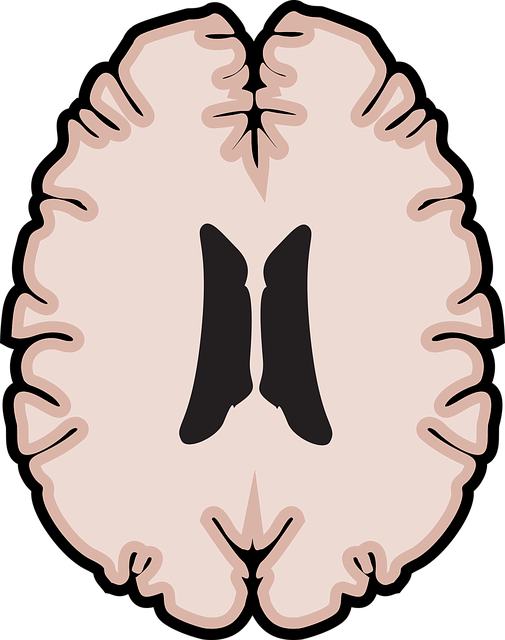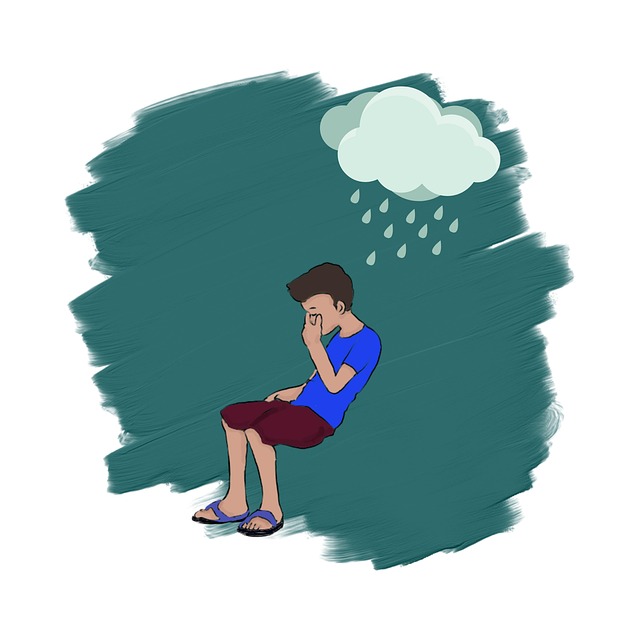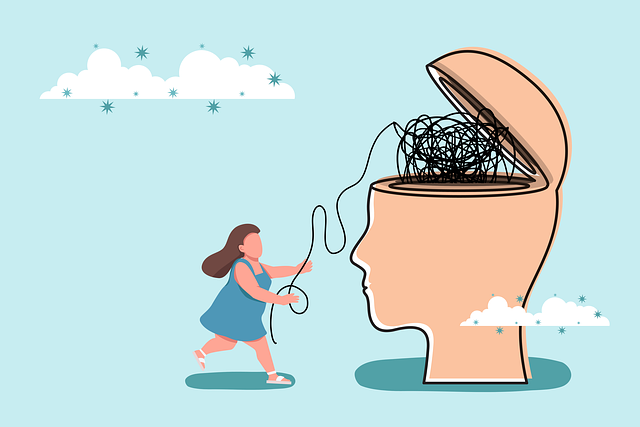Louisville's vibrant cityscape masks deeper urban challenges regarding mental health awareness and support systems, particularly for individuals with functional neurological disorders (FNDs). These individuals often face significant daily impacts and isolation due to misdiagnosis or lack of recognition. To address this, a comprehensive mental health approach is needed that goes beyond traditional therapy, focusing on social, economic, and cultural factors contributing to disparities. By empowering FND sufferers through tailored advocacy initiatives, Louisville can boost their confidence and integration into the community. Incorporating Mind Over Matter principles in policy analysis ensures an environment where residents thrive despite challenges, enhancing overall well-being. Louisville Functional Neurological Disorder Therapy (LFNDT) offers specialized support, evidence-based treatments, and inner strength development techniques through a holistic approach, revolutionizing mental health care.
Mental health advocacy initiatives play a pivotal role in shaping supportive communities. This article explores the pressing mental health needs in Louisville, using ‘Understanding Louisville’s Mental Health Landscape’ as a foundation. We delve into effective strategies for advocacy through ‘Building Awareness’. Moreover, a case study on ‘Louisville Functional Neurological Disorder Therapy’ highlights the profound impact of community-driven support. By examining these aspects, we aim to illuminate the power of mental health advocacy and its potential to transform lives, including those with neurological disorders.
- Understanding Louisville's Mental Health Landscape: Uncovering the Need for Advocacy
- Building Awareness: Strategies for Effective Mental Health Advocacy Initiatives
- Louisville Functional Neurological Disorder Therapy: A Case Study in Community Impact and Support
Understanding Louisville's Mental Health Landscape: Uncovering the Need for Advocacy

Louisville, a vibrant city with its unique character, also reflects broader challenges experienced by many urban centers regarding mental health awareness and support systems. The need for advocacy in this domain becomes evident when delving into the specific issues faced by residents, particularly those with functional neurological disorders (FND). FND, often misdiagnosed or overlooked, significantly impacts individuals’ daily lives, affecting their ability to function and fostering a sense of isolation.
The mental health landscape in Louisville demands a comprehensive approach that goes beyond traditional therapy. It requires a deeper exploration of the social, economic, and cultural factors contributing to mental health disparities. By examining these elements, advocacy initiatives can be tailored to empower individuals with FND, boost their confidence, and integrate them into the community. Incorporating Mind Over Matter principles in mental health policy analysis and advocacy ensures that Louisville fosters an environment where residents can thrive, despite the challenges they may face, ultimately enhancing overall well-being.
Building Awareness: Strategies for Effective Mental Health Advocacy Initiatives

Mental health advocacy initiatives play a pivotal role in fostering understanding and support for individuals grappling with various mental health challenges, including functional neurological disorders (FNDs). In Louisville, where access to specialized therapy like Functional Neurological Disorder Therapy is crucial, awareness building becomes an essential strategy. This can be achieved through creative campaigns that educate the community about the nuances of FNDs and reduce associated stigma. Utilizing digital platforms and community events, advocates can share personal stories, dispel myths, and provide practical information on resources available, such as local therapy centers.
Emotional intelligence is a powerful tool in these efforts, enabling advocates to connect with audiences on a deeper level. By integrating emotional intelligence into advocacy initiatives, Louisville residents can develop stronger resilience-building skills, which are crucial for both personal healing and community support. Moreover, focusing on burnout prevention through awareness programs ensures that individuals recognize signs of mental distress early and seek appropriate help, including specialized therapy like FND treatment, thereby fostering a healthier and more supportive environment for everyone.
Louisville Functional Neurological Disorder Therapy: A Case Study in Community Impact and Support

Louisville Functional Neurological Disorder Therapy (LFNDT) is a shining example of community-driven mental health advocacy and support. This initiative focuses on addressing a specific yet often overlooked mental health concern—Functional Neurological Disorders (FNDs). By providing specialized therapy, LFNDT offers hope and improved quality of life to individuals struggling with FNDs, which can manifest in various ways, affecting movement, cognition, and sensory processing.
The program’s impact is profound, as seen through its comprehensive approach that combines evidence-based treatments with inner strength development techniques. This holistic strategy not only aids in symptom management but also empowers patients to take an active role in their mental wellness journey. Additionally, LFNDT offers valuable resources like Mental Wellness Journaling Exercise Guidance, fostering self-awareness and promoting continuous improvement. With a focus on community engagement and risk management planning for mental health professionals, this Louisville-based therapy initiative sets a benchmark for effective support systems, ultimately enhancing the overall mental health landscape.
Mental health advocacy initiatives, as exemplified by the success of Louisville Functional Neurological Disorder Therapy, play a pivotal role in shaping supportive communities. By implementing effective strategies, such as increased awareness and understanding, we can ensure that individuals facing mental health challenges receive the necessary support. These efforts not only enhance quality of life but also foster a more inclusive society where everyone has the opportunity to thrive.














